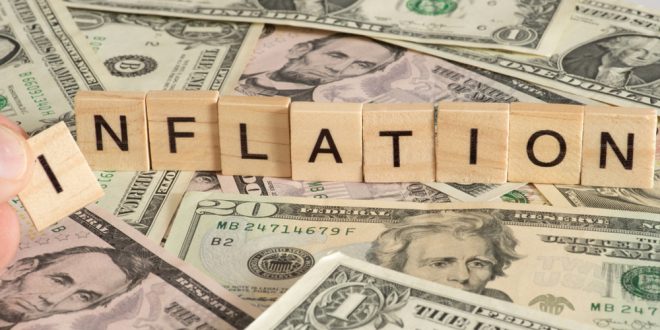The dollar rose in early trade in London on Friday as hawkish comments from Federal Reserve officials weighed against the notion that US inflation data this week could prompt the US central bank to slow down policy tightening.
US inflation data came in less than expected, which led to support for high-risk assets, such as stocks, and the dollar’s decline, as markets interpreted it as an indication that the Federal Reserve may become less hawkish in raising interest rates.
But central bank officials have made it clear that they will continue to tighten monetary policy. San Francisco Federal Reserve Chair Mary Daly said on Thursday she was open to the possibility of a further 75 basis point hike in September to combat soaring inflation.
By 0744 GMT, the dollar index rose 0.2 percent on the day to 105.28 points, after incurring four-day losses that made it destined to record a weekly decline of 1.2 percent.
The Japanese yen lost ground against the dollar’s strength, with the greenback gaining 0.3 percent against the yen to 133.345.
Traders were taking into account a 38.5 percent chance of raising the interest rate by 75 basis points in September and a 61.5 percent chance of raising it by 50 basis points.
Sterling fell 0.3 percent to $1.2175 after showing no reaction to data showing that Britain’s gross domestic product fell less than expected in June, despite the expectation that an additional public holiday would cause a significant decline.
The euro fell 0.2 percent to 1.0295 dollars. The data showed that French inflation rose 6.8 percent on an annual basis in July, while the figure in Spain was 10.8 percent, the highest since 1984.
The euro was affected by the troubles facing Europe due to the war in Ukraine and the search for non-Russian energy sources, and the German economy was affected by the lack of rain. In a new problem, a drop in the water level of the Rhine, Germany’s commercial artery, has disrupted shipping and raised its costs more than fivefold.
The New Zealand dollar rose on expectations that the Reserve Bank of New Zealand will raise interest rates next week.
 Noor Trends News, Technical Analysis, Educational Tools and Recommendations
Noor Trends News, Technical Analysis, Educational Tools and Recommendations





